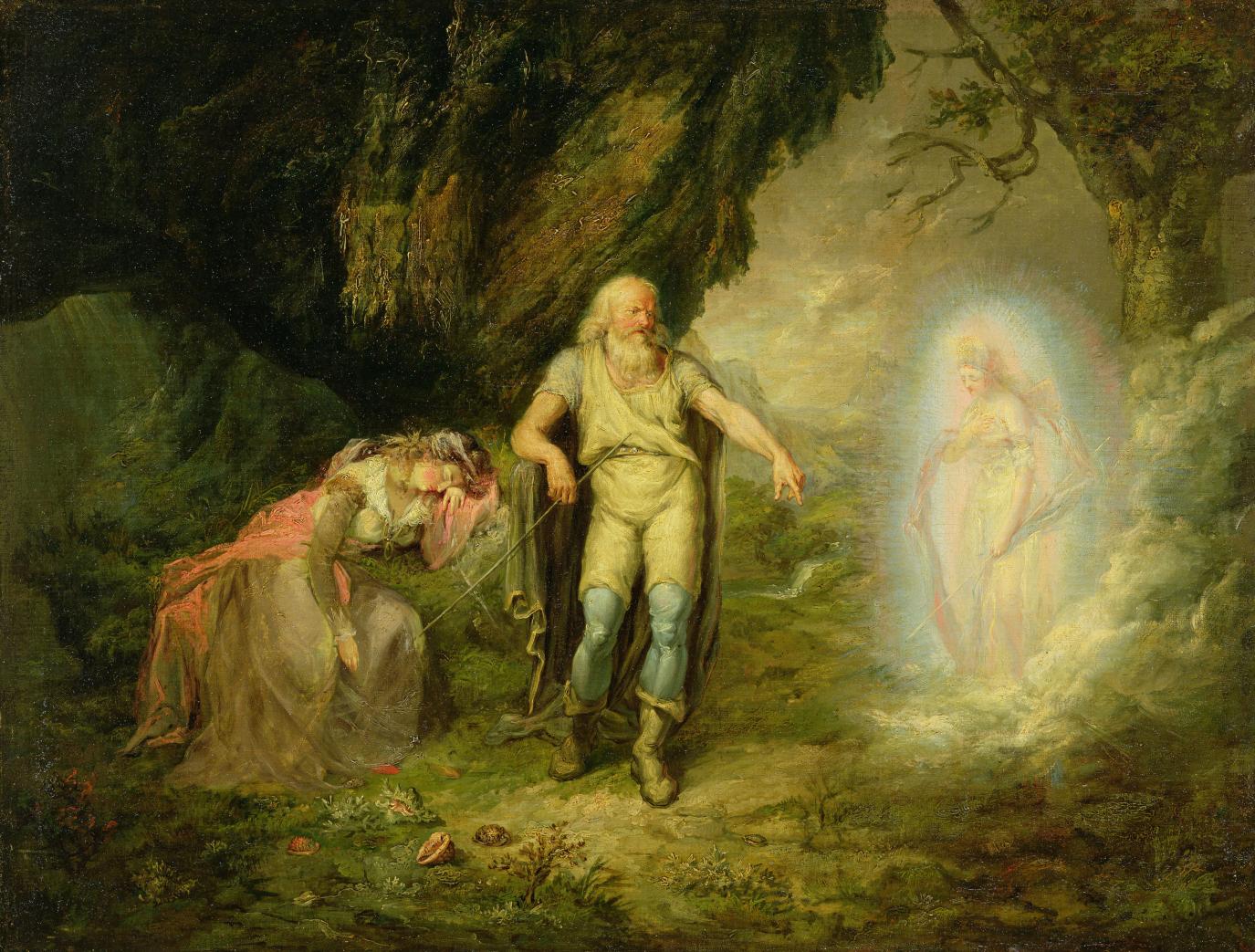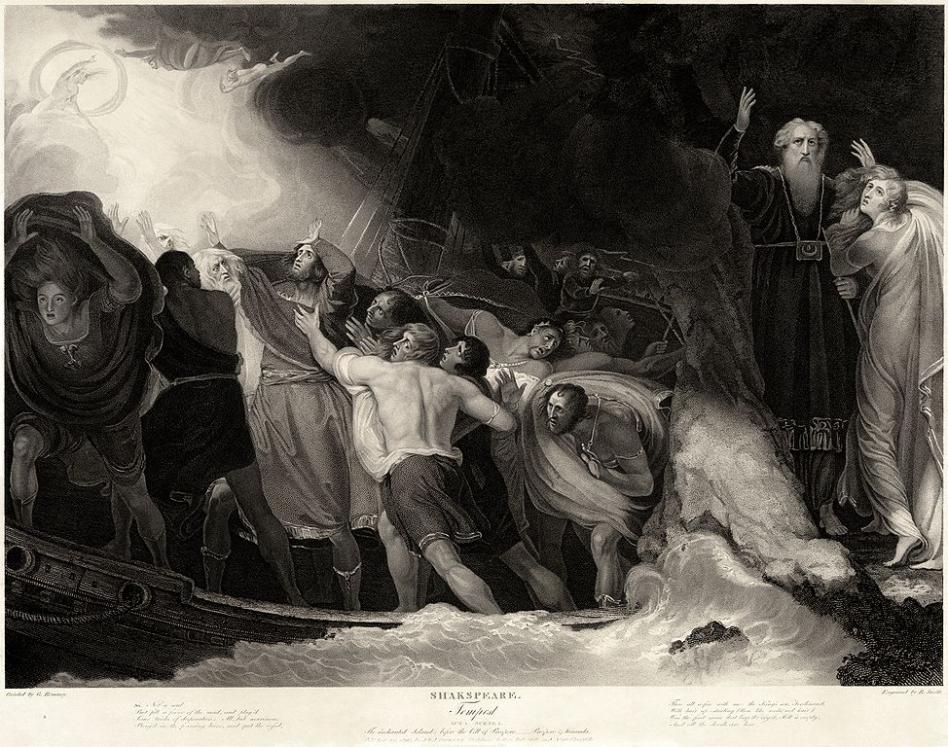How Does The Tempest Explore the Relationship Between Nature and Humanity?
William Shakespeare's "The Tempest" delves into the intricate relationship between nature and humanity, presenting a profound exploration of the interplay between the two. This article examines how the play uses various elements to illuminate this central theme, offering insights into humanity's impact on the natural world and the consequences of disrupting this delicate balance.

The Island As A Microcosm Of The Natural World
The play's setting, a remote island, serves as a microcosm of the natural world. The island's diverse ecosystem, ranging from lush forests to treacherous storms, reflects the beauty and harshness of nature. This duality highlights nature's inherent power and unpredictability, emphasizing humanity's vulnerability within its vastness.
- The island's natural beauty captivates the characters, evoking a sense of awe and wonder.
- The island's harsh elements, such as storms and wild beasts, pose challenges and dangers, reminding humanity of nature's unforgiving side.
Prospero's Manipulation Of Nature
Prospero, the exiled duke, possesses magical powers that allow him to manipulate the island's natural forces. He conjures storms, controls spirits, and commands the elements, demonstrating humanity's capacity to exert influence over nature.
- Prospero's manipulation of nature serves his desire for revenge against those who wronged him, blurring the line between natural and supernatural forces.
- His actions disrupt the island's delicate balance, causing chaos and disorder, underscoring the consequences of humanity's unchecked manipulation of the natural world.
Caliban's Representation Of Nature's Wildness
Caliban, the island's native inhabitant, embodies the wild and untamed aspects of nature. His resentment towards Prospero reflects the tension between humanity's desire to control nature and nature's inherent resistance to domination.
- Caliban's attempts to rebel against Prospero symbolize nature's struggle against humanity's attempts to subjugate it.
- His ultimate failure highlights the futility of trying to suppress nature's wildness, suggesting that humanity must learn to coexist with it harmoniously.
Ariel's Representation Of Nature's Beauty And Grace

Ariel, a spirit enslaved by Prospero, represents the ethereal and graceful aspects of nature. His willingness to serve Prospero, despite his desire for freedom, reflects nature's capacity to adapt and endure.
- Ariel's beauty and grace contrast with Caliban's wildness, highlighting the diverse manifestations of nature.
- His role in restoring balance to the island and facilitating Prospero's reconciliation with his enemies demonstrates nature's ability to heal and renew.
The Tempest As A Reflection Of Humanity's Relationship With Nature
"The Tempest" serves as a mirror to humanity, reflecting its hubris and its impact on the natural world. The play explores the consequences of humanity's unchecked manipulation of nature, warning against the disruption of its delicate balance.
- The play's message about the need for humanity to respect and live in harmony with nature resonates with contemporary environmental issues, urging us to reconsider our relationship with the natural world.
- The play's enduring significance lies in its timeless exploration of the complex and ever-evolving relationship between humanity and nature.
Conclusion

"The Tempest" offers a profound exploration of the relationship between nature and humanity, using its characters, setting, and themes to illuminate the intricate interplay between the two. The play serves as a cautionary tale, warning against humanity's hubris and its potential to disrupt the delicate balance of the natural world. Ultimately, "The Tempest" invites us to reflect on our own relationship with nature and to strive for a harmonious coexistence.
YesNo

Leave a Reply